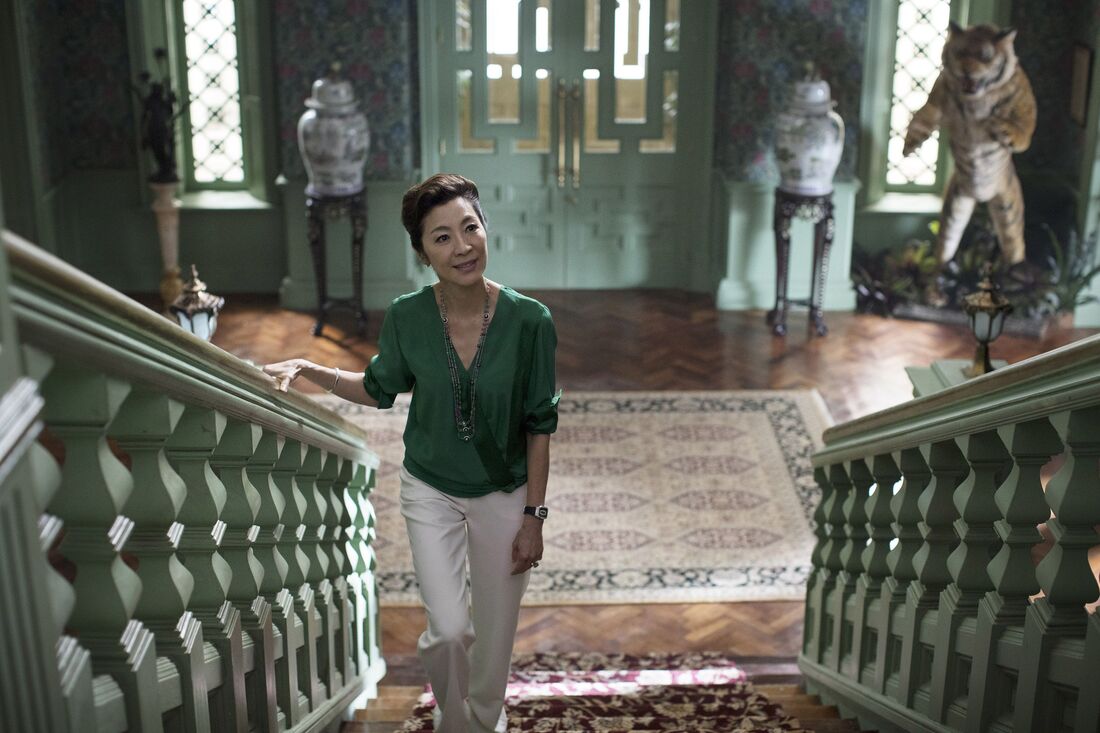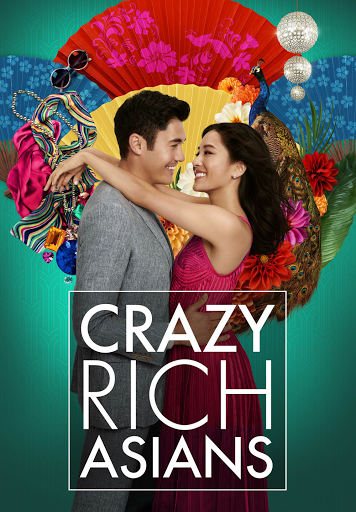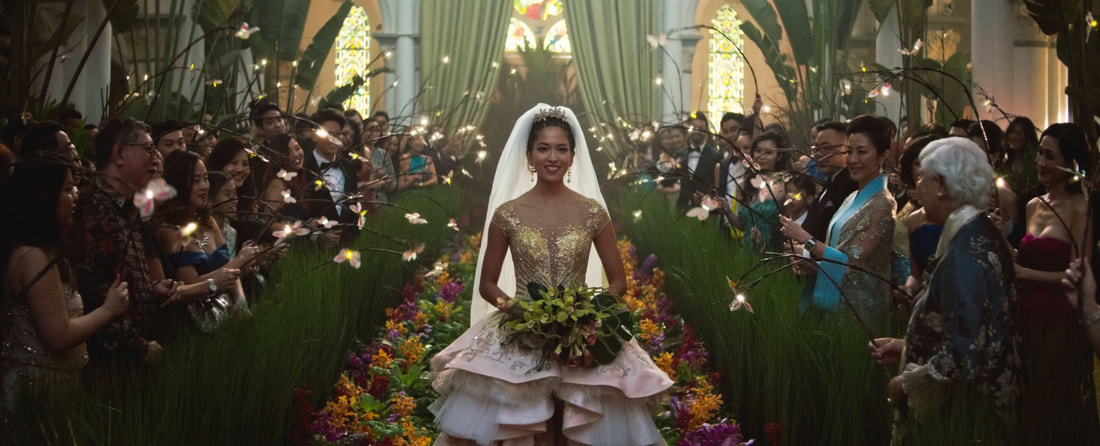
The Palestine-American critical thinker Edward Said (1935-2003) in his book, Orientalism regards the term Orientalism not just as “the academic study of the Orient”, but historically, the subjugation of the Orient. He continues to say that the “Orient”, then is not just the homogenized Middle East, East and Southeast Asia, but the advantageous(lucrative? shrewd?) epistemological mindset of the Western, as he writes: “(the) Western style for dominating, restructuring, and having authority over the Orient.” (3) From sensual depictions of Middle Eastern women in paintings of the 1800s, to the films we indulge in to this day, Said heightens our senses to the historical and present-day media that subconsciously play into this idea that the Westerner domineers over the eroticised, sensual and mystical Easterner. However, Said’s discourse and exposure of Orientalism does not conclude with his advocacy for boycott, much like we do in our hypersensitive present. Instead, in the 1970s when the book was published during the height of Orientalist Hollywood filmmaking, his total focus was against the “distortion and inaccuracy”(9) of the communities depicted.
Jon M. Chu even throws a punch towards orthodox Hollywood by casting Ken Jeong, an American-Korean actor as a Singaporean-Chinese man. In his most famous casting as Leslie Chow, an ineloquent, thick accented mafia leader in The Hangover, Chow retorts: “I'm Chinese, not Korean!” In Crazy Rich Asians, Jeong satirically plays into the stereotype, he begins his appearance in the film by jokingly speaking to Rachel in a thick, incomprehensible Asian accent — only to immediately switch back to fluent english and tell his daughters to finish their nuggets, there are starving children in America — a covert blast against classic misrepresentation in Hollywood.



 RSS Feed
RSS Feed
